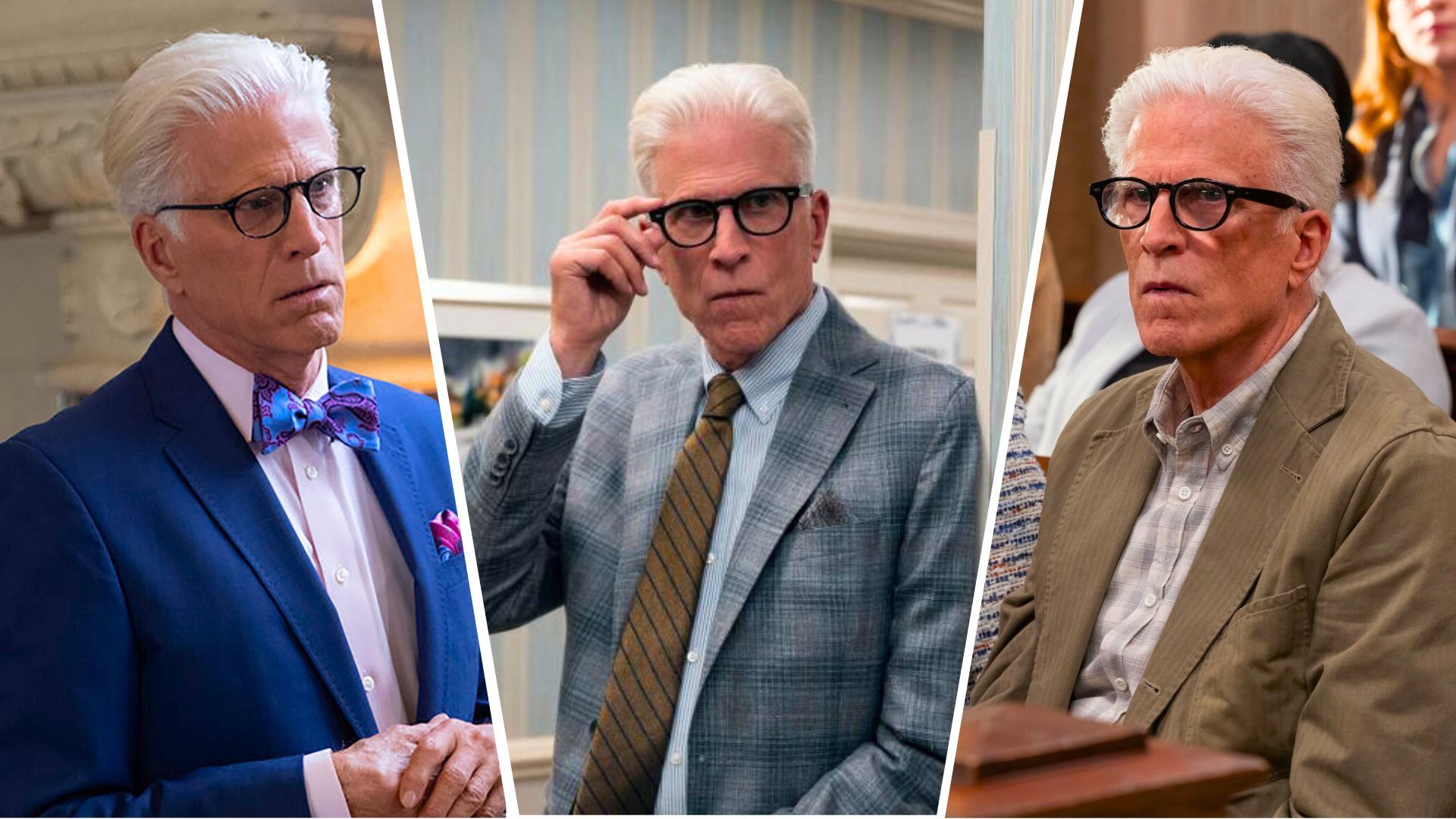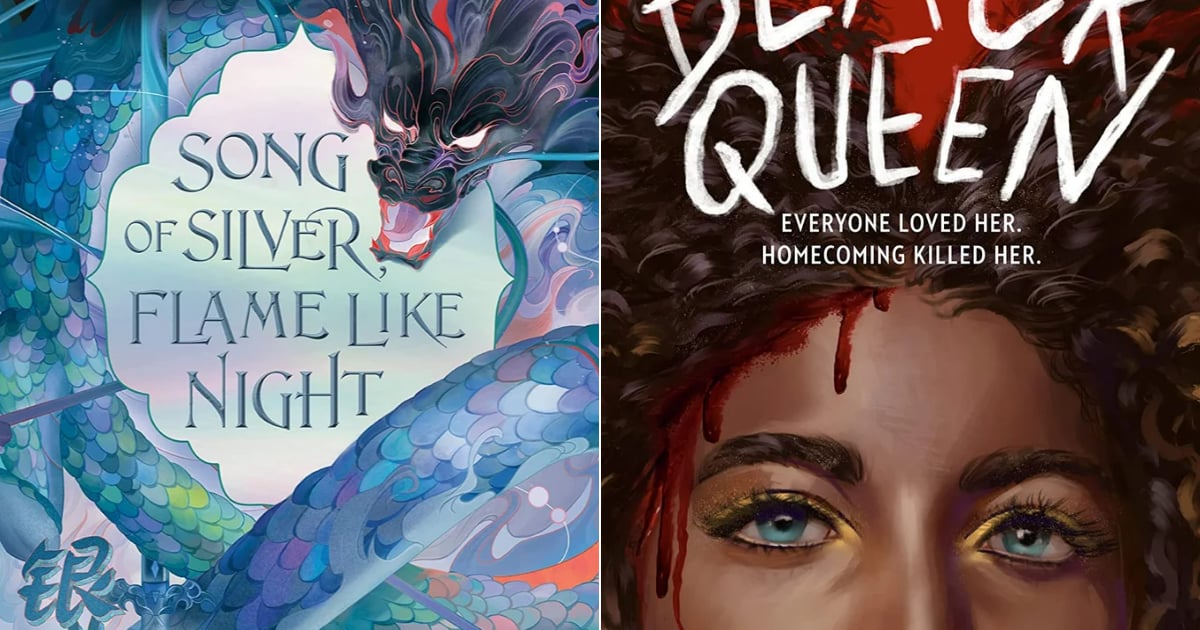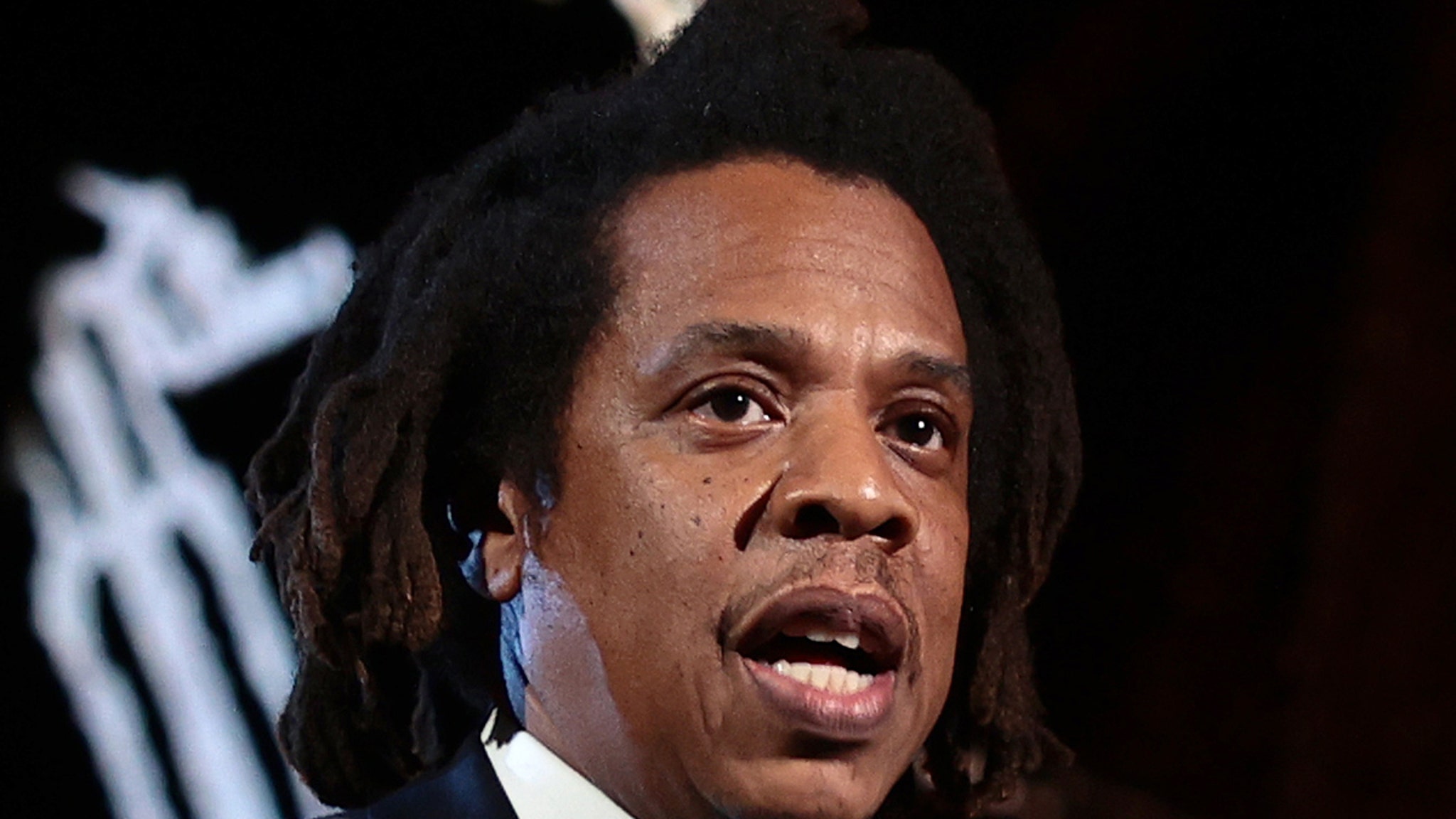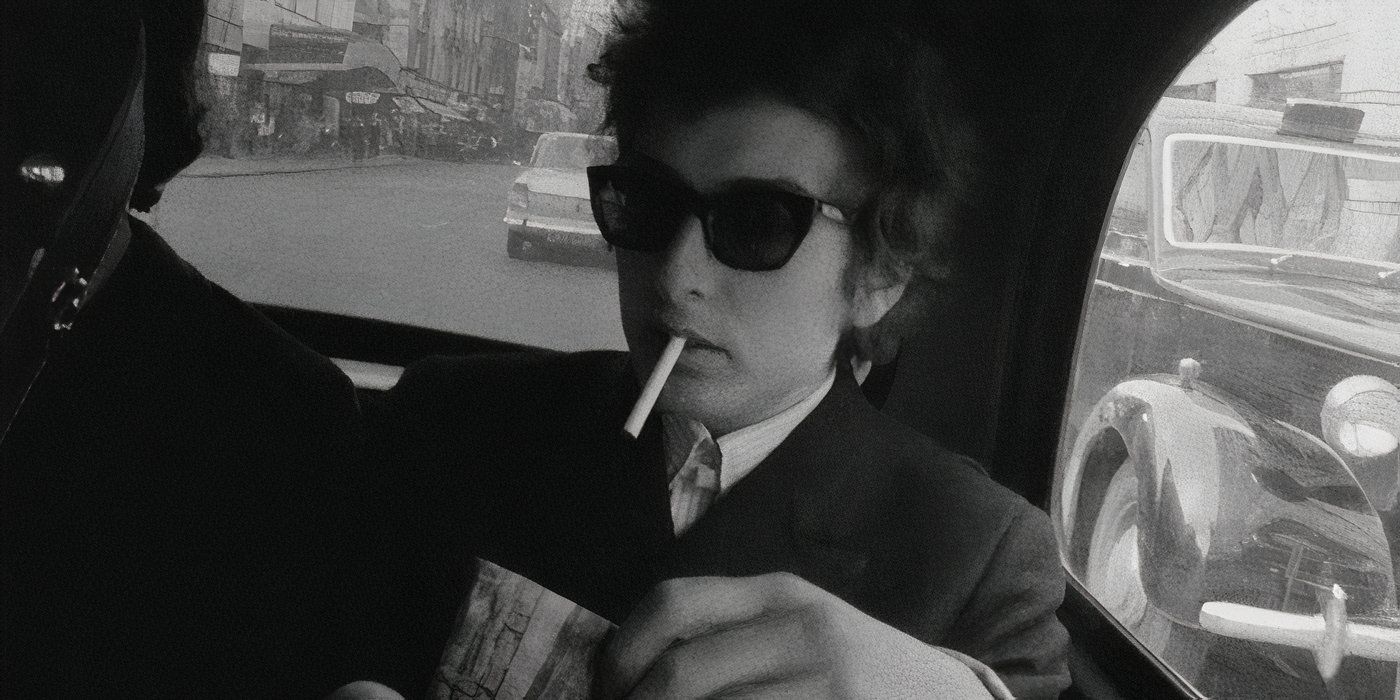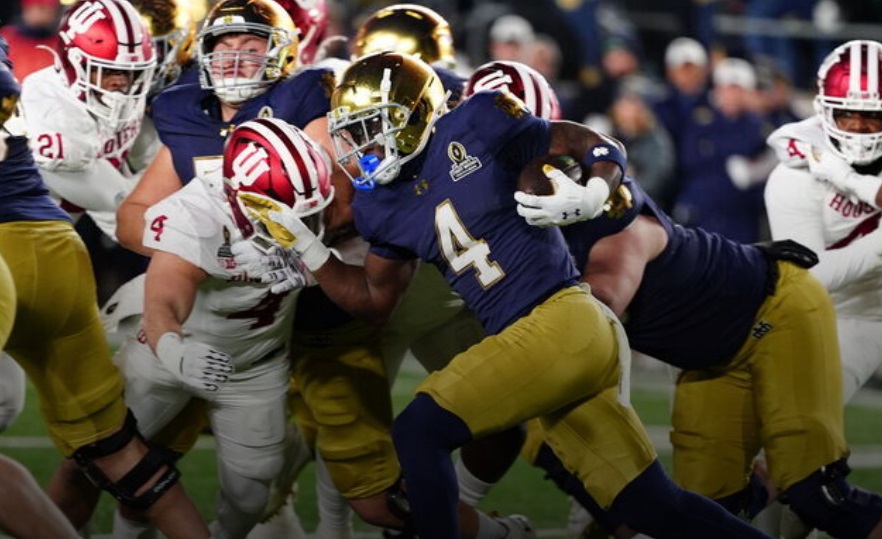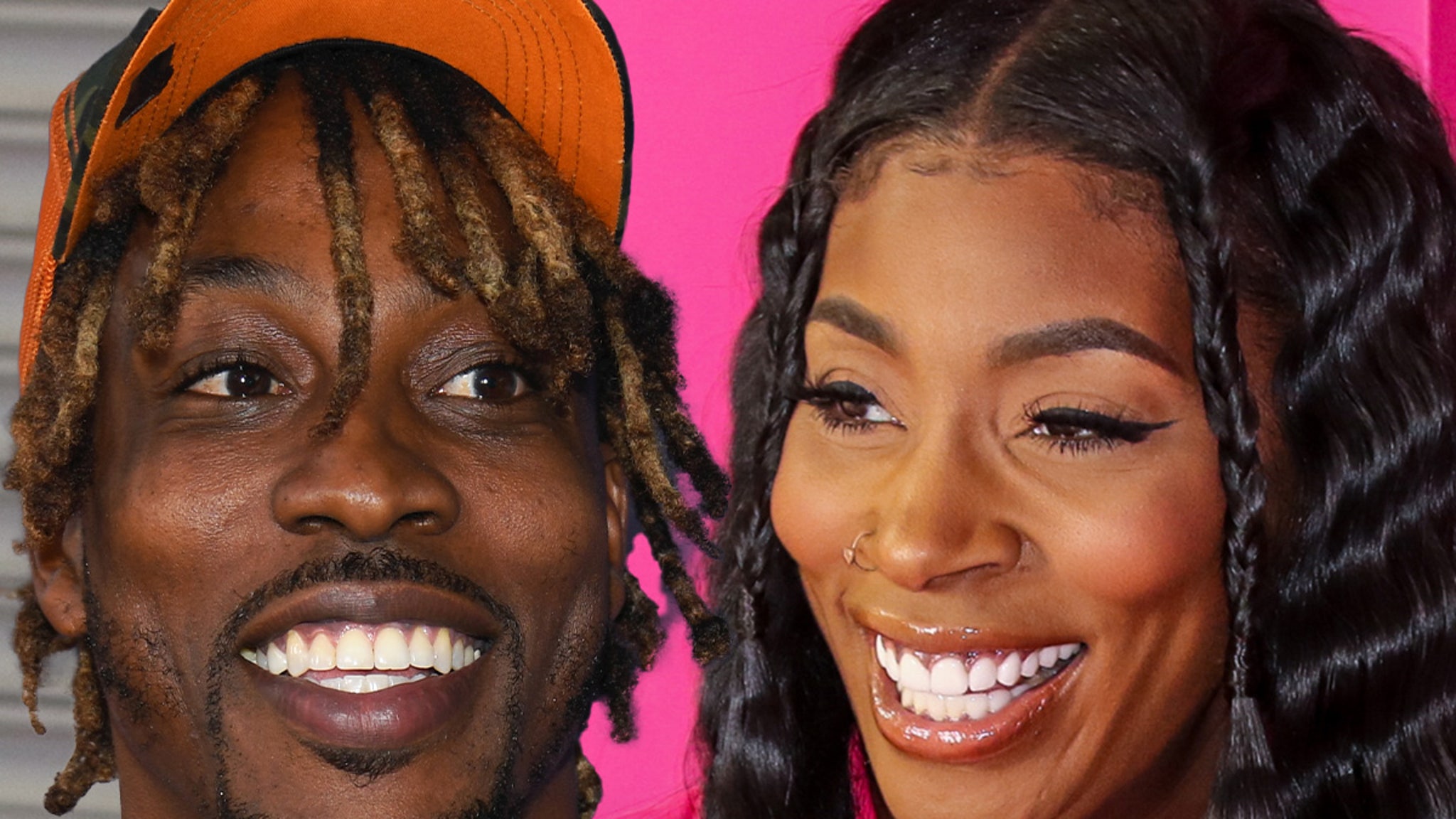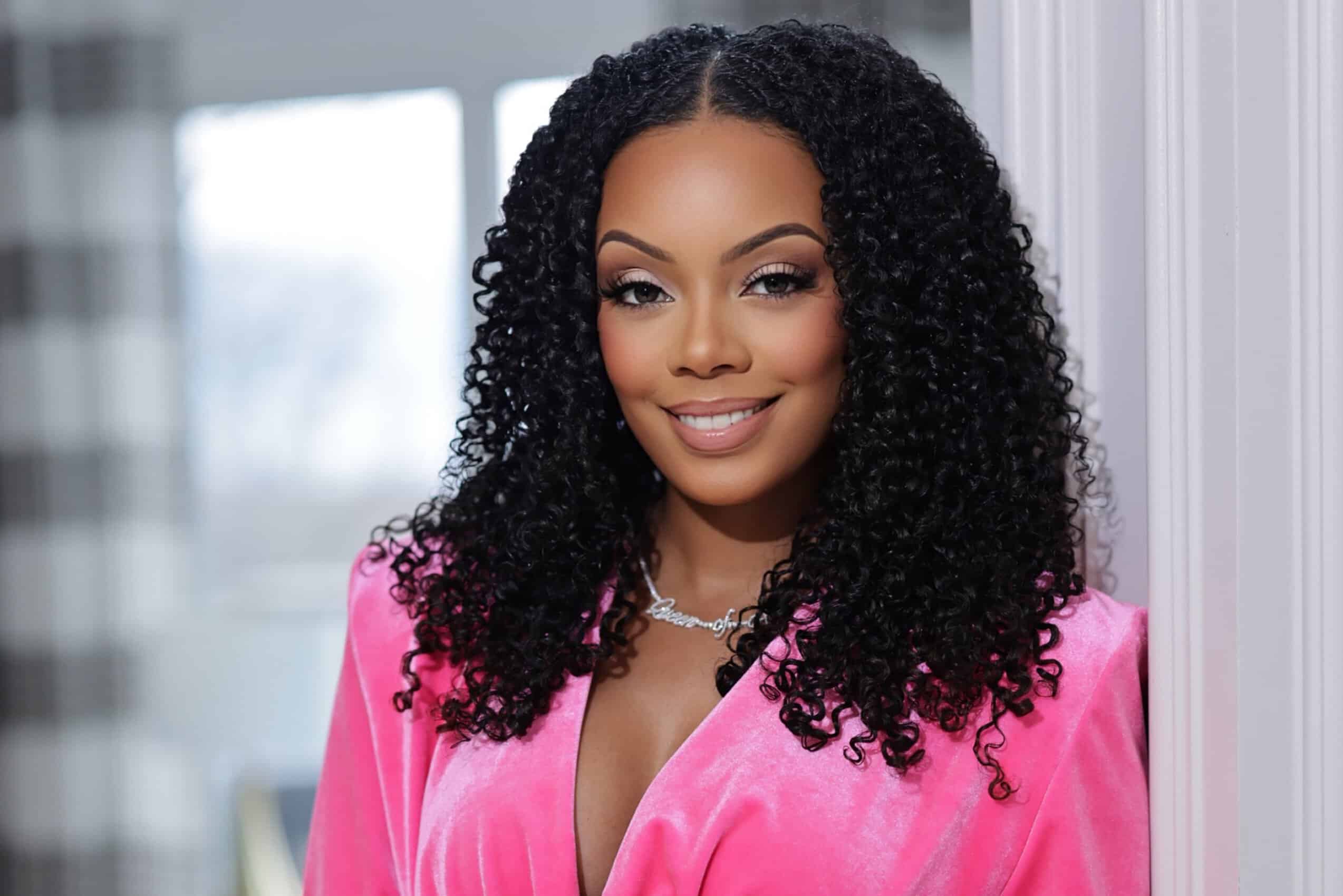When an artist is accused or convicted of the serious crimes of rape or sexual assault, can we still enjoy their art? Results from the latest Yahoo Entertainment/YouGov poll indicate that audiences believe they can.
To get at the complicated question, 1,636 U.S. adults were asked for their opinions in the wake of That ’70s Show star Danny Masterson having received a sentence of 30 years to life in prison this month following him being convicted of raping two women.
More than two-thirds of those polled — 68% — had heard a least something about Masterson’s conviction and sentencing. Eighteen percent had heard a lot.
Danny Masterson is arraigned on three rape charges in separate incidents between 2001 and 2003, at Los Angeles Superior Court on Sept. 18, 2020. (REUTERS/Lucy Nicholson)
Asked if the conviction affected their “ability to enjoy That ’70s Show,” just 14% said it did, while 44% said they’d never watched it in the first place. The sitcom originally aired from 1998 to 2006.
Danny Masterson appears with Ashton Kutcher in a scene from the finale of That ’70s Show in 2006. (Greg Gayne/TM and Copyright © 20th Century Fox Film Corp. All rights reserved/Courtesy: Everett Collection)
Masterson is far from the only celebrity who’s been accused of a serious crime such as sexual misconduct in recent years. It’s happened repeatedly, as the likes of Bill Cosby and Harvey Weinstein were convicted of sex crimes. The star of the beloved, groundbreaking sitcom The Cosby Show was accused of rape or some other type of sexual misconduct, some after drugging them, by more than 60 women and counting. He was convicted of aggravated felony assault in 2018, but the jury’s decision was overturned on a technicality three years later, and he was freed. Meanwhile, Weinstein, who had a hand in many critically acclaimed films of the past few decades, is serving time behind bars for multiple convictions of rape and sexual assault; Upwards of 90 women have accused the fallen Hollywood power player of sexual misconduct.
An even more recent example is Russell Brand, who has not been convicted, tried or even charged but who has already been dumped by everyone from his talent agency to the BBC, following accusations of sexual misconduct from multiple women. He has denied them all, and he’s under investigation by London police. However, his work already has been taken down from some sites.
Russell Brand leaves a performance Saturday in London, amid the sexual assault allegations against him. (James Manning/PA via AP)
The poll posed the question of whether TV streaming networks should have “policies to stop streaming shows featuring stars convicted of serious crimes, like rape.” To that, 26% said yes.
Almost a quarter of respondents — 24% — said they aren’t willing to watch movies from “other actors and movie directors” with similar convictions. Meanwhile, 20% said they thought that other people would not watch them.
The entertainment industry itself seems to be open to welcoming back problematic men, at least some of them. Directors Woody Allen, Roman Polanski and Luc Besson, all of whom have been canceled over the years due to sexual misconduct allegations against them, debuted new projects at the Venice Film Festival that concluded this month.
Getting back to Masterson specifically, 19% of respondents said television networks should cease airing That ’70s Show reruns, which is a view that some on social media shared. It’s unclear whether the nostalgic comedy — which co-starred Mila Kunis and her future husband Ashton Kutcher, who issued an apology for supporting Masterson in letters to the court — will be removed. Yahoo Entertainment has reached out to Peacock, who advertises on its site that it offers it exclusively, and Prime Video, where the show is available for purchase, for comment.
____________
The Yahoo Entertainment survey was conducted by YouGov using a nationally representative sample of 1,636 U.S. adults interviewed online from Sept. 14 to 18, 2023. The sample was weighted according to gender, age, race, education, 2020 election turnout and presidential vote, baseline party identification and current voter registration status. Demographic weighting targets come from the 2019 American Community Survey. Baseline party identification is the respondent’s most recent answer given prior to Nov. 1, 2022, and is weighted to the estimated distribution at that time (33% Democratic, 27% Republican). Respondents were selected from YouGov’s opt-in panel to be representative of all U.S. adults. The margin of error is approximately 2.7%.
You can view the original article HERE.




